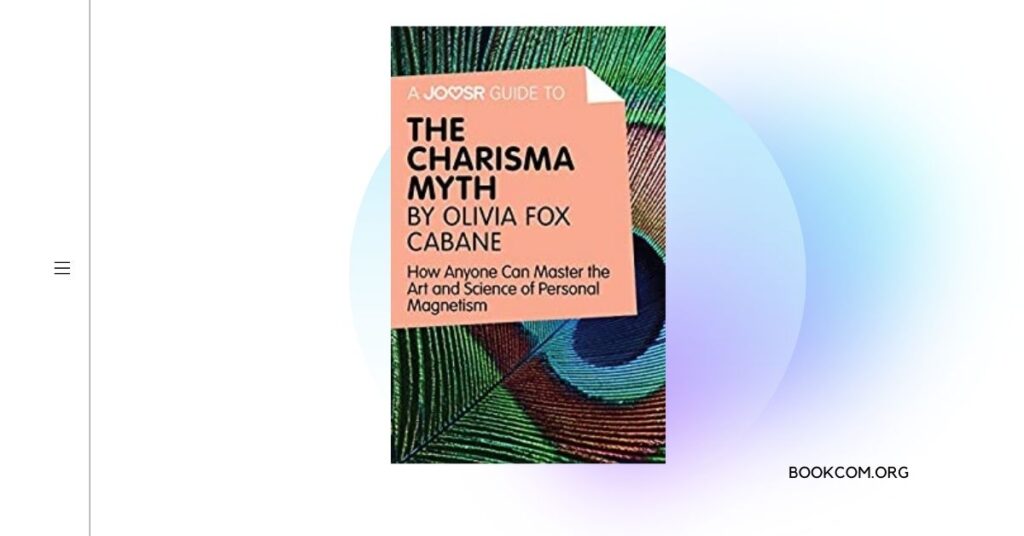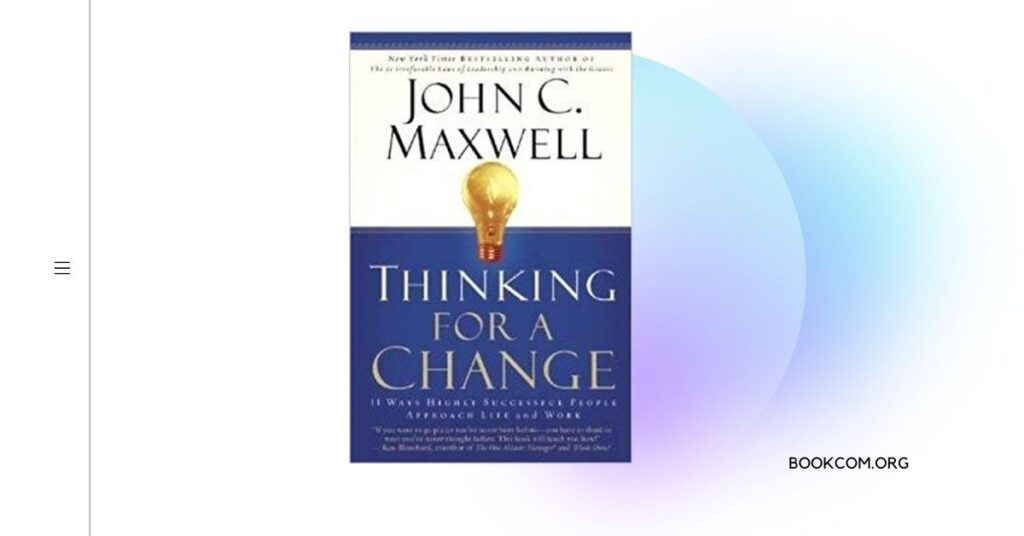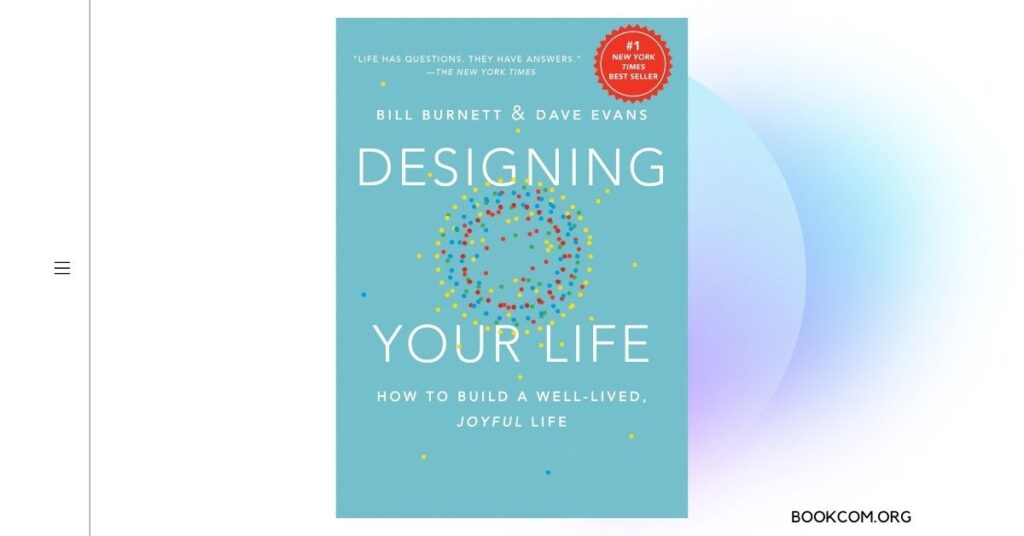In today’s fast-paced and demanding world, achieving a healthy work-life balance has become a universal aspiration. “Essentialism” presents a new approach that has gained global recognition, reshaping the way individuals prioritize their time and energy to create a fulfilling and balanced life. Inspired by this influential book, this article explores five key lessons derived from “8 Secrets to Achieving Work-Life Balance from ‘Essentialism’.” These lessons offer valuable insights, practical tips, and unique perspectives to engage readers and establish authority on the subject matter of achieving work-life balance.
Lesson 1: Identify Your Priorities
A crucial lesson from “Essentialism” is the importance of identifying and focusing on your priorities. By understanding what truly matters to you and aligning your actions with those priorities, you can make conscious decisions about how to allocate your time and energy. This enables you to create a work-life balance that supports your overall well-being and fulfillment.
Practical Tip: Take time to reflect on your values, goals, and what brings you joy and fulfillment in both your personal and professional life. Identify your top priorities and use them as a guide when making decisions about how you spend your time and energy.
Lesson 2: Set Boundaries
Setting clear boundaries is essential for maintaining a healthy work-life balance. “Essentialism” emphasizes the need to establish limits on work hours, commitments, and personal time. By setting boundaries, you create space for relaxation, self-care, and meaningful connections with loved ones.
Practical Tip: Define specific boundaries for work-related activities, such as designating specific working hours or setting limits on after-work emails. Communicate your boundaries to colleagues, clients, and loved ones. Prioritize self-care activities and protect your personal time by saying “no” to nonessential commitments.
Lesson 3: Practice Essentialism
Essentialism is about focusing on the vital few things that truly matter and letting go of the nonessential. “Essentialism” suggests that by eliminating distractions and nonessential tasks, you can free up time and energy for what truly brings value and fulfillment to your life.
Practical Tip: Evaluate your commitments and tasks regularly. Identify tasks that are not aligned with your priorities or do not contribute significantly to your goals. Delegate or eliminate nonessential tasks to create more space for activities that bring you joy and contribute to work-life balance.
Lesson 4: Practice Mindfulness and Self-Care
Mindfulness and self-care are integral to achieving work-life balance. “Essentialism” emphasizes the importance of being present in the moment, taking care of your physical and mental well-being, and nurturing yourself.
Practical Tip: Incorporate mindfulness practices into your daily routine, such as meditation or deep breathing exercises. Prioritize self-care activities, such as exercise, healthy eating, and quality sleep. Take breaks throughout the day to recharge and refocus.
Lesson 5: Foster Supportive Relationships
Building and nurturing supportive relationships is essential for work-life balance. “Essentialism” highlights the importance of connecting with loved ones, colleagues, and mentors who understand and support your desire for balance.
Practical Tip: Cultivate relationships with individuals who value work-life balance and can offer support and guidance. Communicate your needs and aspirations to your loved ones and colleagues. Seek collaboration and delegate tasks when possible to alleviate workload and create space for personal time.
“8 Secrets to Achieving Work-Life Balance from ‘Essentialism'” provides valuable insights and practical tips to help individuals create a harmonious and fulfilling work-life balance. By identifying priorities, setting boundaries, practicing essentialism, prioritizing mindfulness and self-care, and fostering supportive relationships, individuals can design a life that integrates work and personal well-being. Implementing these lessons with intention and commitment will empower individuals to lead balanced and meaningful lives. So, let us embrace the wisdom of “Essentialism” and strive for work-life balance in pursuit of greater happiness and fulfillment.



